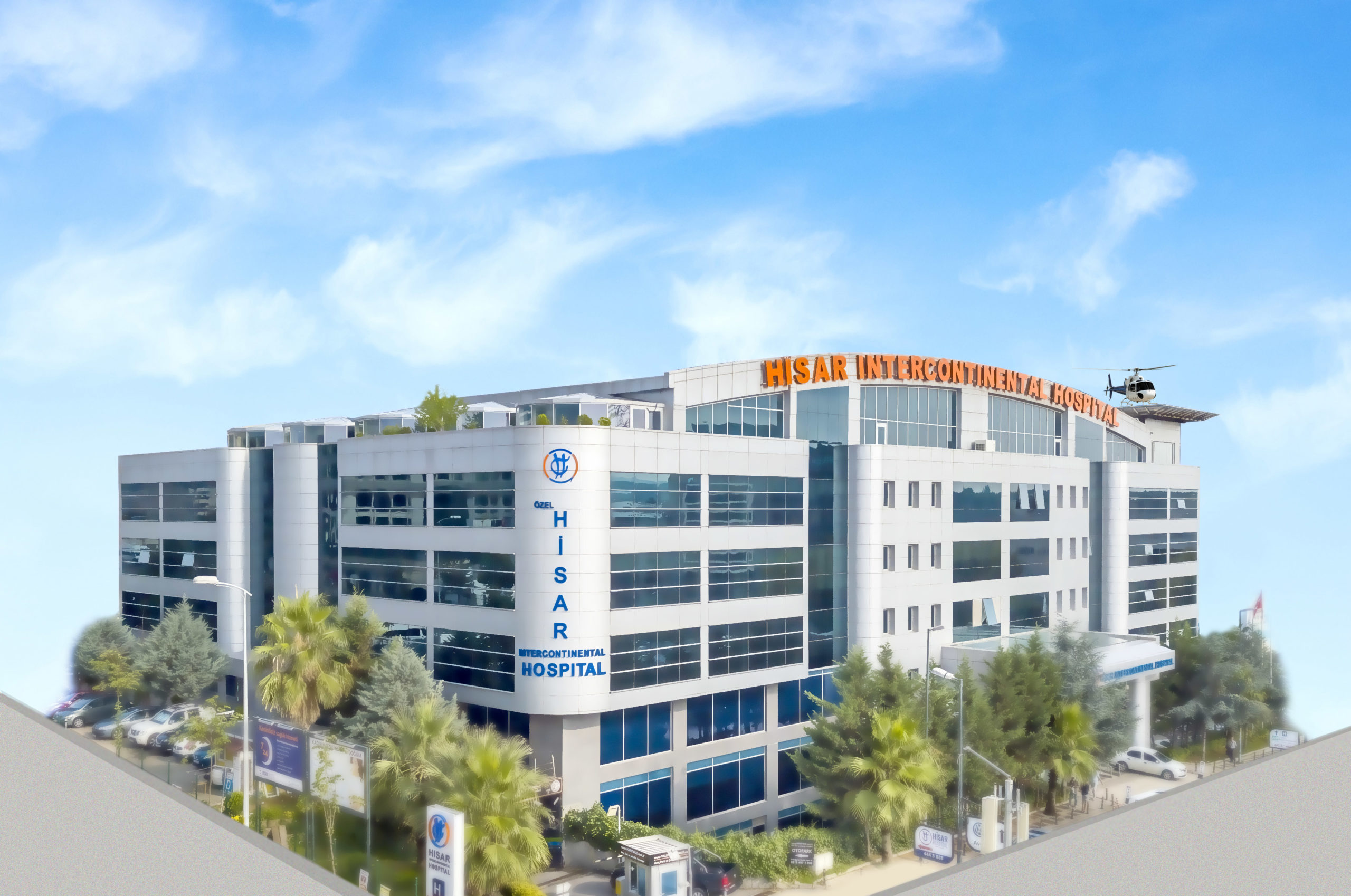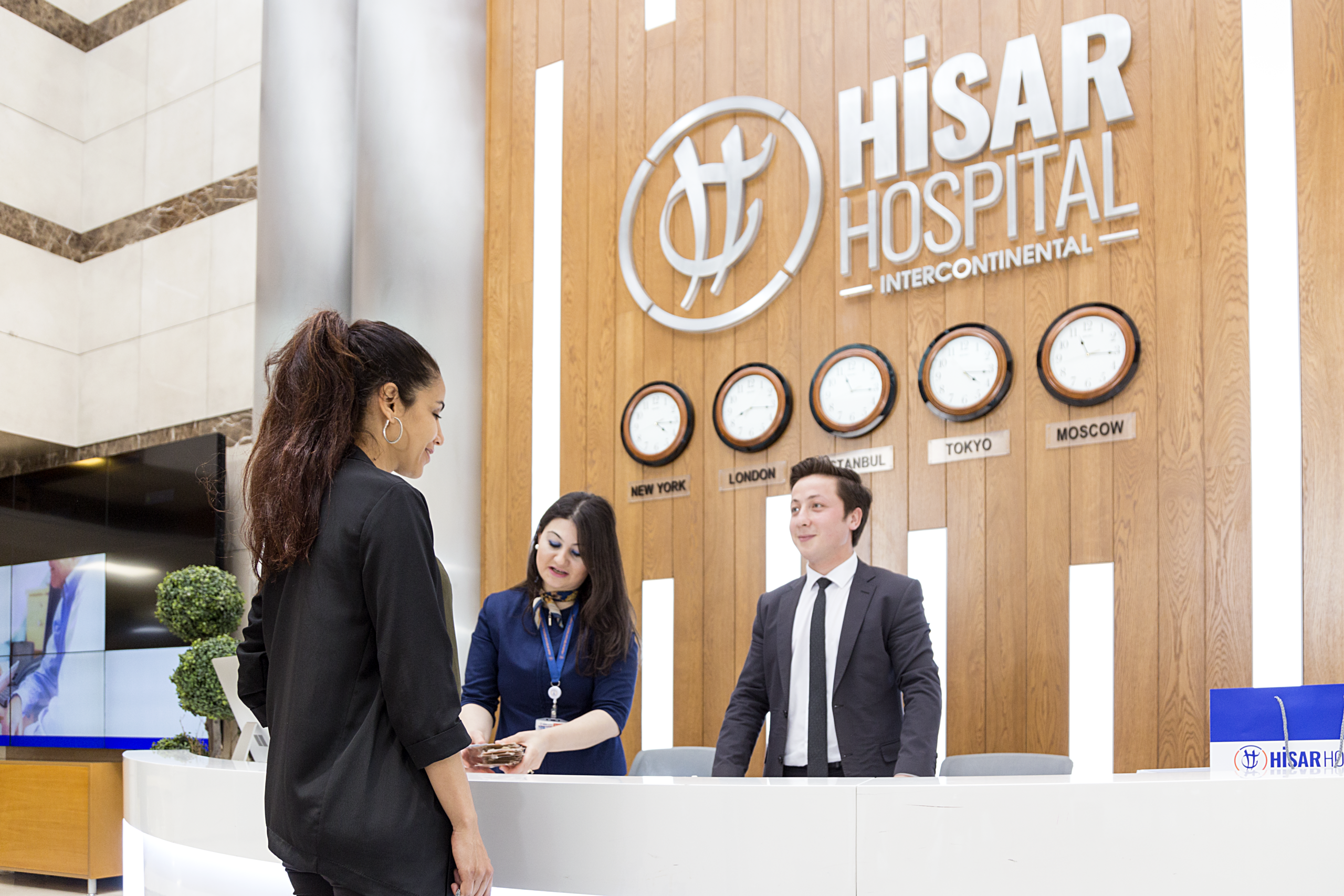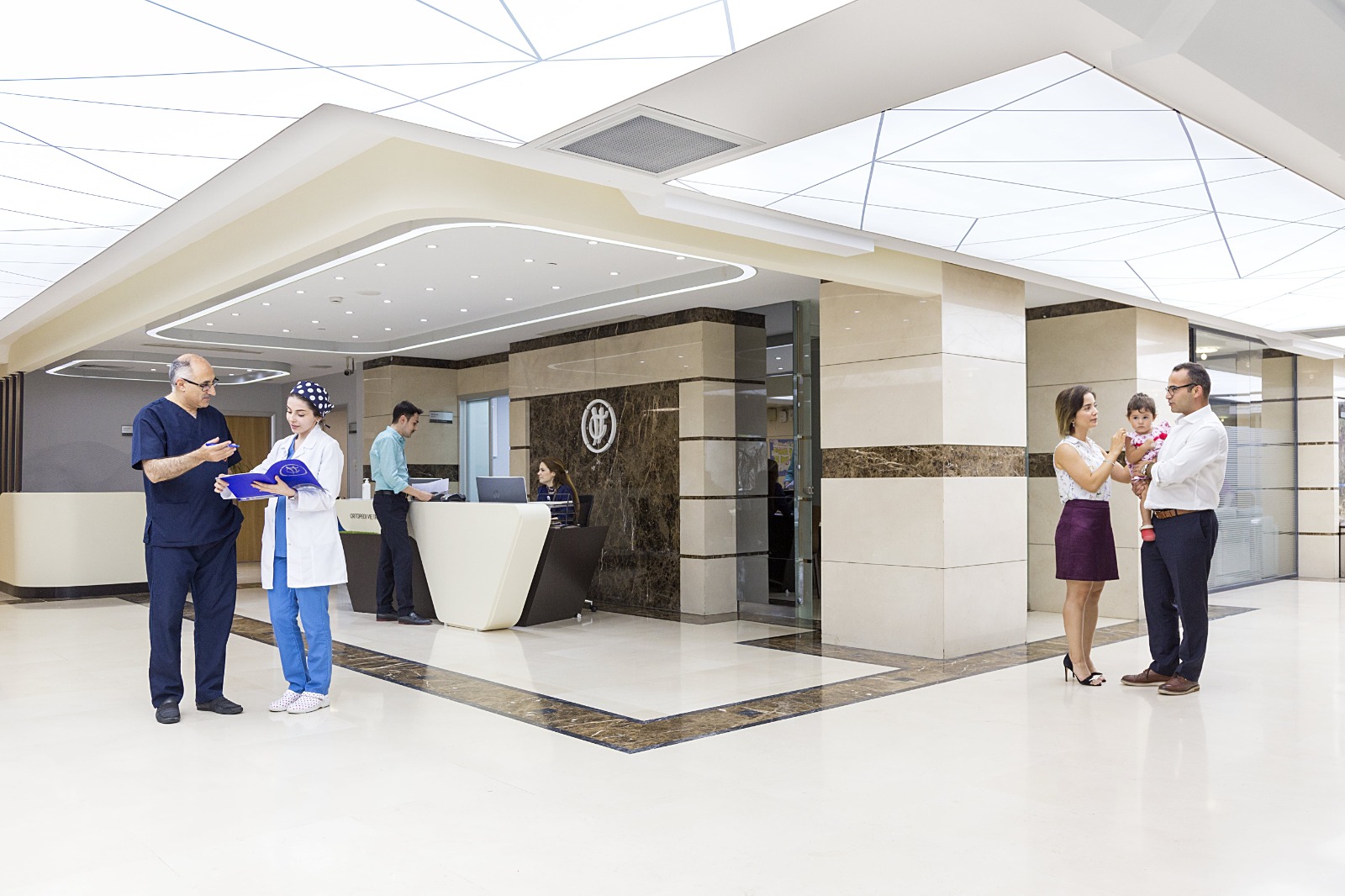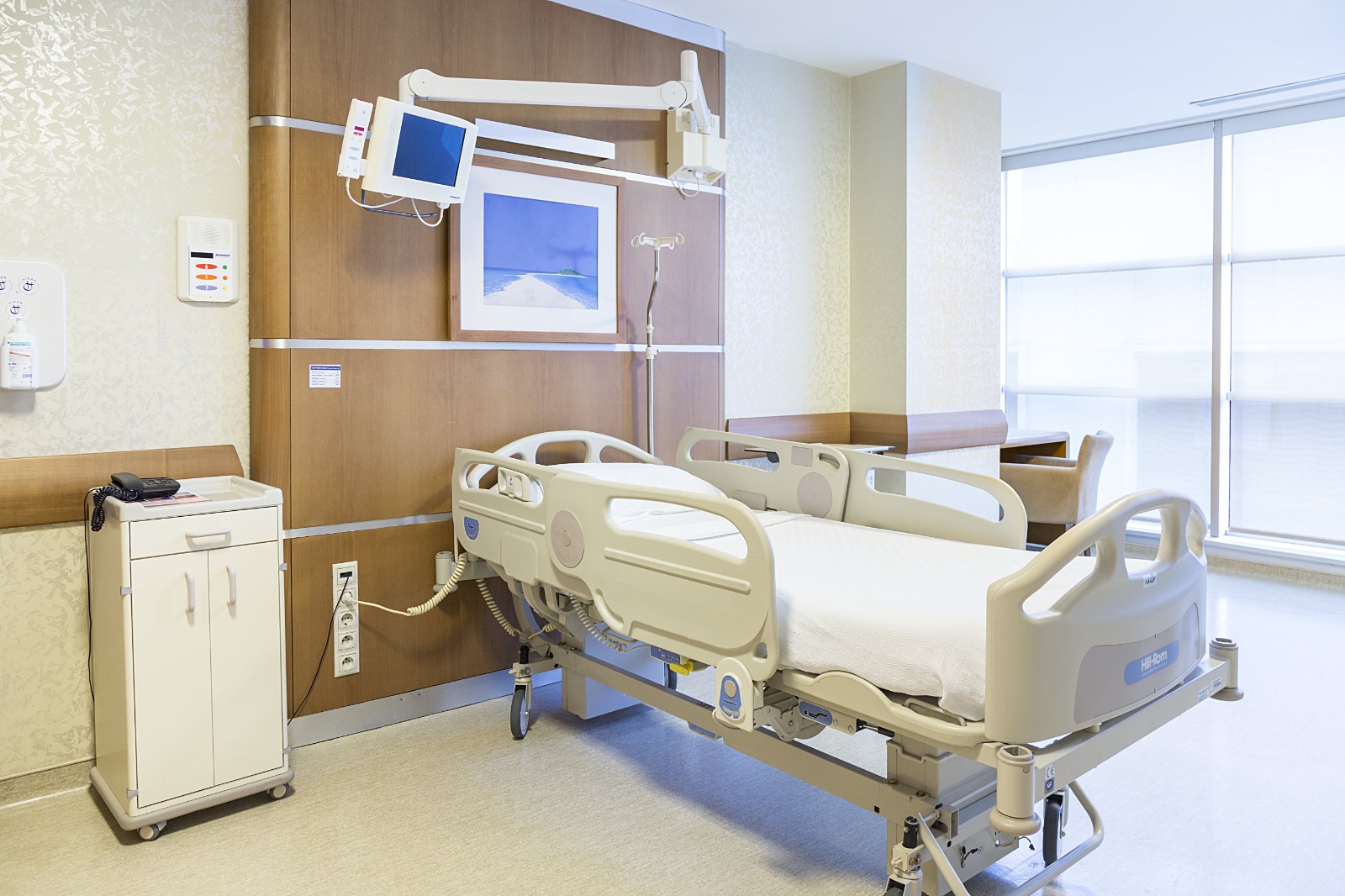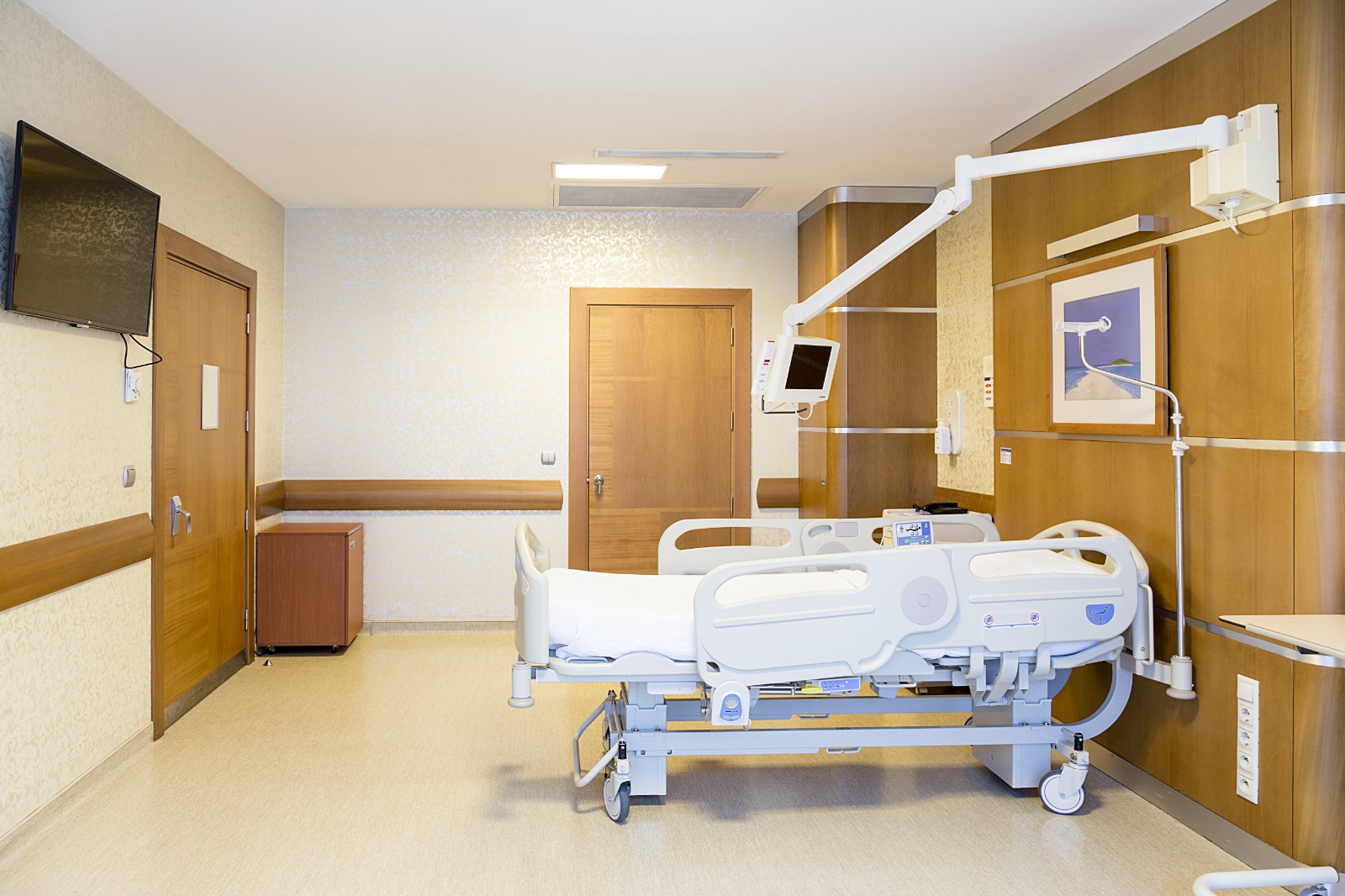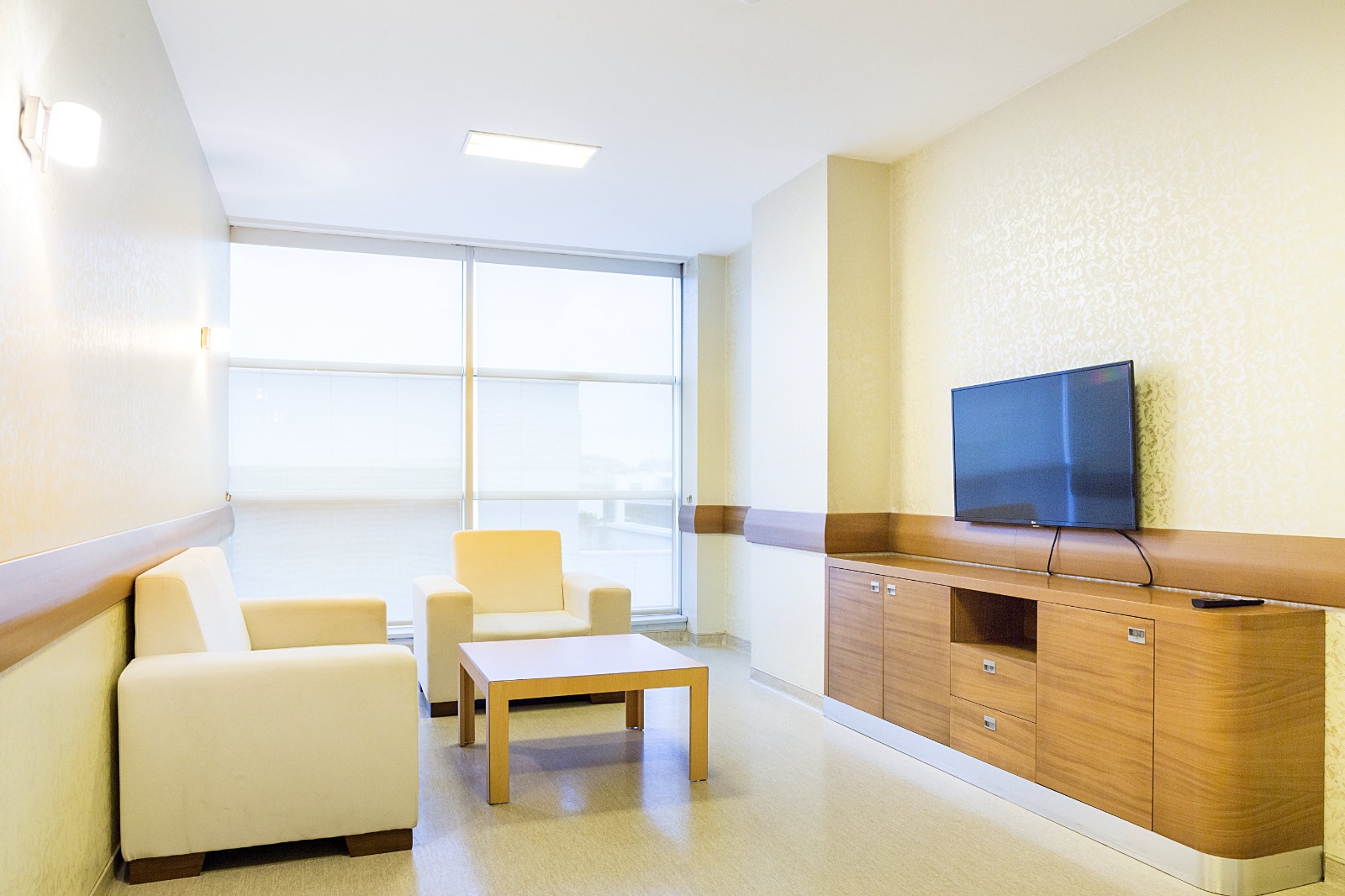Transform Your Chest, Transform Your Life!
Pectus Excavatum is the condition of the shoemaker’s chest, the belief board and the ribs collapsing into the rib cage. Although it can develop in both children and adults, it most often occurs in early adolescence. The incidence of shoemaker’s chest, which generally has a hereditary tendency, is higher in men than in women.
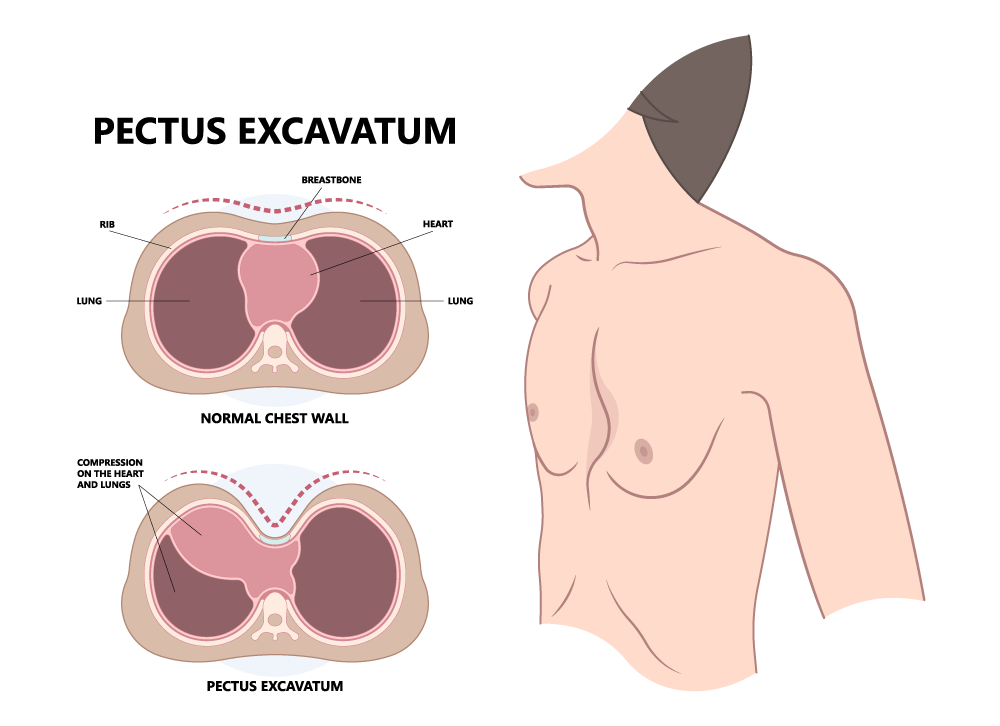
Symptoms
Physical symptoms
- Shortness of breath with exercise
- Decreased stamina compared to peers
- Fatigue
- Chest pain
- Irregular heartbeat
Psychological symptoms
- Significant embarrassment from the appearance of the chest.
- Self-esteem issues.
- Clinical depression
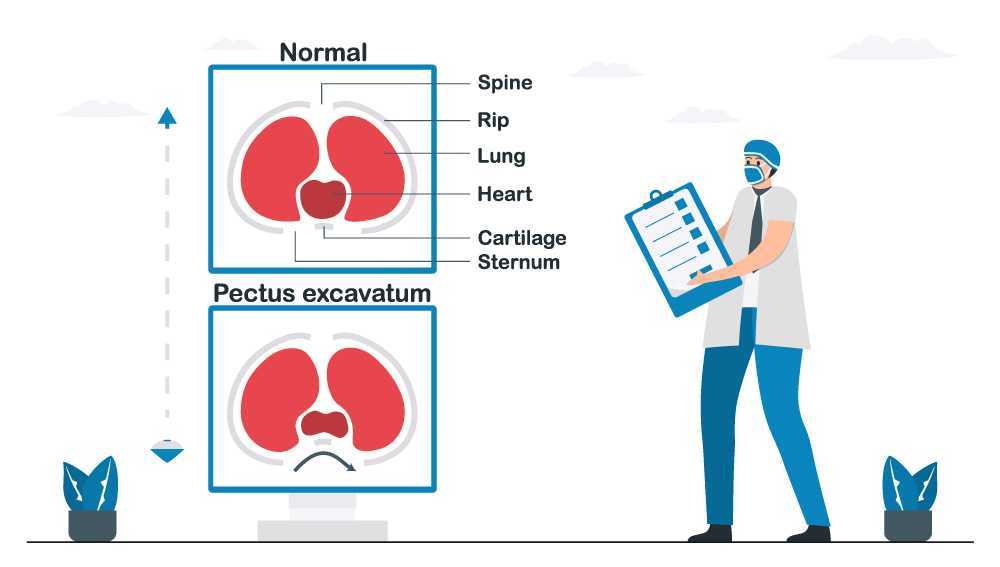
Surgery
Nuss Procedure (Minimally Invasive Surgery)
Repair with a metal pectus bar, called the Nuss Procedure, is achieved by bending a stainless bar to fit the chest wall. The bar is then inserted and secured through a small incision under each arm using the aid of a endoscope to monitor and avoid injury to the heart during insertion. The bar goes over the ribs and under the sternum, to push the sternum forward into the new position. The ends of the bar are secured to the chest wall. This procedure takes between 1–2 hours.
- The Nuss procedure is a minimally invasive surgery to correct pectus excavatum.
- It involves inserting a curved metal bar under the sternum to lift it into a normal position.
- The bar stays in place for about two to three years and is then removed.
- Recovery time is generally shorter than with open surgery.
- The Nuss procedure is considered safe and effective, with a low complication rate.
- It can improve both physical and psychological symptoms of pectus excavatum.
3D Implants for Pectus Excavatum
A surgical technique used to treat most forms of pectus excavatum it involves placing an implant under the skin, soft tissue and muscle layer in front of the breast bone to mask the deformity. Compared to other types of surgery which correct the deformity it is a minor less invasive surgical procedure.
A prosthetic pectus implant is a less intrusive non-corrective procedure, with generally quicker recovery time. It offers an alternative to more invasive corrective surgery particularly in patients with no symptoms or functional problems. Here you can see advantages:
- Less invasive procedure
- Less recovery time
- Can be combined with breast implantation to augment small breasts or be used in patients with significant chest wall deformities
- No issues with post-operative capsular contracture so safer then breast implant
- The 3D implant technique is a viable option for patients who have had unsuccessful Nuss or Ravitch procedures.
3D Implants for Poland Syndrome
Poland Syndrome is a rare congenital condition that can result in underdeveloped or missing chest muscles, breast, and nipple in one side of the body. 3D printing technology has been used to create custom-made implants for patients with Poland Syndrome. These implants are designed to match the unique contours of the patient’s chest and are created based on scans and measurements of the patient’s body. The use of 3D printing technology in creating implants for Poland Syndrome has shown promising results, with improved aesthetic outcomes and patient satisfaction.
- 3D printed implants are custom-made to fit the patient’s unique anatomy and can be used for Poland Syndrome reconstruction.
- The implants are made from biocompatible materials that are safe for the body.
- 3D printing technology allows for precise design and production of the implant, resulting in a more natural and symmetrical appearance.
- Implants can be used for both male and female patients, and can help improve self-esteem and confidence.
- The procedure is typically performed under general anesthesia and requires a recovery period of a few weeks.
- The use of 3D printed implants has shown promising results in treating Poland Syndrome, with high patient satisfaction rates.
Preop Tests
- An electrocardiogram(ECG) and possibly an echocardiogram that shows how the heart is functioning
- Pulmonary function teststo check for breathing problems
- CT scan or MRI of the chest
Why Hisar Intercontinental Hospital?
Materials
We only use FDA approved American brands in our surgeries.
We prefer products such as trocar, energy device, stapler and single use products to every patient.
Products we use;
- Trocar: Medtronic,
- Energy Devices: Medtronic, Ethicon
- 3D Implant Custom Made
Technique
Nuss Procedure:
- Closed minimally invasive technique (VATS)
- Lorenz bar insertion
- Custom made implant used thorough minimal incision
- Can be used for Poland Syndrome and Pectus Excavatum
Hospital
Hisar Intercontinental Hospital is among the top 10 best hospitals in Turkey and has an international JCI certificate from United States, which is awarded only to the best hospitals in the world.
Rooms
Private and suite rooms in hotel comfort. Everything has been considered for the patient and companion. The companion can stay with the patient and 3 meals are included in the package.
Experience
We have been performing thoracic surgery for 25 years.
- In thoracic surgery 10.000+ surgeries (100+ lung transplant cases)
- In Pectus Excavatum 800+ surgeries
All Inclusive System
Our packages include;
- Pre-op Tests
- Hospital Stay
- Hotel Stay 5-Star
- Airport Transfers
- Translator
Make an appointment
Leave your contact details and our managers will contact you for consultation
Who Will Perform The Operation?
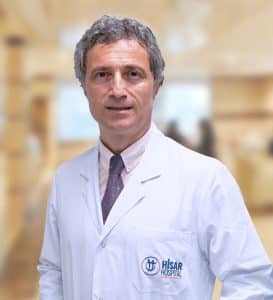
Assoc. Prof. Erkan Yıldırım MD, FETCs, PhD
Thoracic and Lung Transplant Surgeon
He started working as a surgeon in Thoracic Surgery Clinic of Ankara Numune Teaching and Research Hospital in 2000. He became Chief Resident in the same hospital in 2001. He worked as a observer thoracic surgeon in Zurih University (Switzerland) in 2002, Toronto University (Canada) in 2004, Leuven University (Belgium) in 2008 and Kyoto University (Japan) in November 2012.
He successfully completed the examination of European Board Certification for Thoracic Surgery (EBTCS), which was performed in 10th Congress of European Society for Thoracic Surgeons in 2002, and became a Fellow of the European Board of Thoracic and Cardiovascular Surgeons (FETCS).
Assoc. Prof. Erkan Yıldırım, M.D. gained “Turkish Thoracic Surgery Proficiency Certification” in 2003.
Completed scientific file stage of “Associate Professorship Exam” for Thoracic Surgery in 2007.
He was awarded with the Title “LUNG TRANSPLANTATION FELLOW” between 2007-2008 (Toronto University, TORONTO LUNG TRANSPLANT PROGRAM / CANADA, active participation in 85 recipient patient surgeries and approximately 100 donor patient surgeries, moreover 4 clinical studies (one study was his own project entirely)).
He is the owner of the FIRST international clinical study on “Lung Transplant” in Turkey which was published in January 2009 (“Methods of Lung transplantation and lung volume reducing surgeries” (Proc AM Thorac Soc. 2009 Jan 15;6(1):66-78).
He has been working as a study referee for THKDC-Turkish Thoracic and Cardiovascular Surgery- Journal and EJCTS- European Journal of Cardiothoracic Surgery since 2002.
He has been actively conducting four patent researches together with the Boğaziçi Biomedical Engineering Department.
He participated and performed presentations in dozens of congresses including 40 international congresses and 25 local congresses.
About Hisar Intercontinental Hospital
The aim of the our hospital is to provide the highest patient satisfaction through diagnostic and treatment units using advanced medical technologies at affordable prices.
16 years of work
Our hospital has a JCI certificate and is included in the TOP10 hospitals in Turkey
90+ doctors
The best doctors, annually undergo advanced training
53 branches
We are a multidisciplinary hospital. We have 212 beds and 30 intensive care units
We speak 12 languages
We serve patients from all over the world in 12 different languages
Contact:
Hisar Intercontinental Hospital
Address: Saray Mah. Siteyolu Cad. No:7 Ümraniye/İstanbul – Turkey
Phone: +90 216 524 13 00
Whatsapp: +90 505 188 78 05
Email: [email protected]
Website: www.hisarhospital.com
